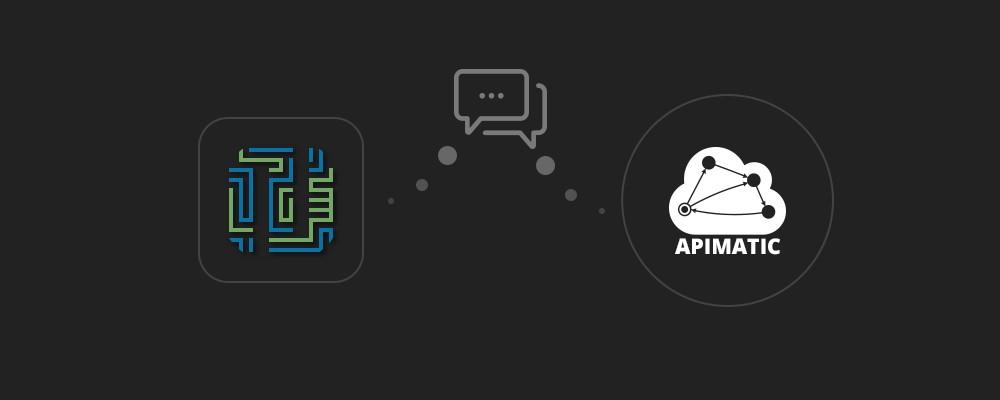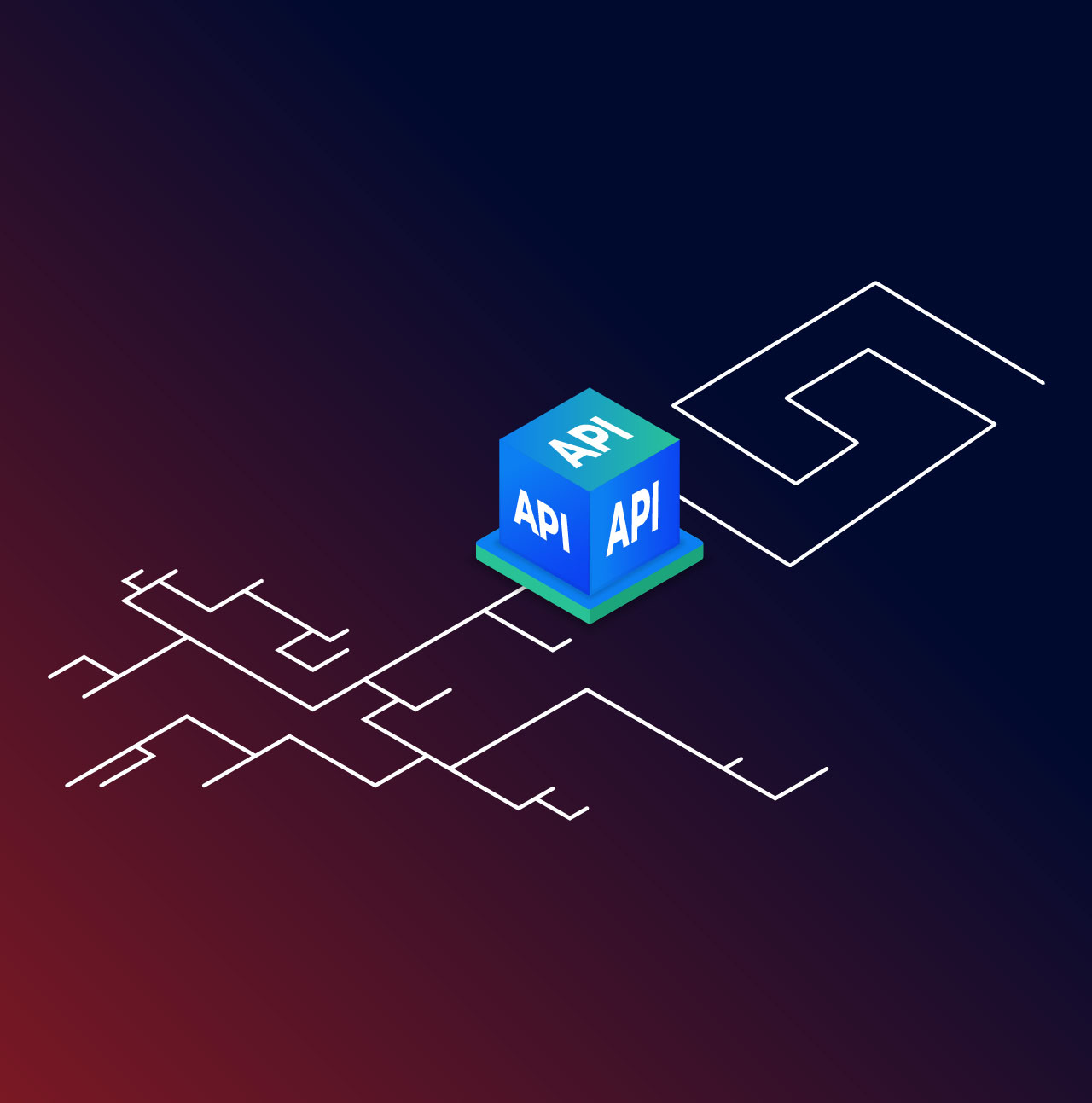
Neutrino API launched back in 2013 on a mission to fix those inherently complex problems which crop up in almost all software projects. The Neutrino API platform provides a highly available, performant global network that lets developers focus on their product and not on building and maintaining complex in-house tools not relevant to their core business. Today, Neutrino API serves thousands of applications all over the world and handles more than 25 million API requests a day.
The team at Neutrino API uses APIMatic to create high-quality Software Development Kits (SDKs) for developers using their APIs. We recently had a chance to talk to Jaron Turnbull from the team to learn how APIMatic has helped them reach a wider developer audience for their APIs while simultaneously saving them time and cutting huge SDK development costs. Below follows our discussion with him on the topic.
APIMatic has saved us at least a couple of hundred hours of development time.
How did you discover APIMatic and how long have you been using it?
Jaron: We discovered APIMatic via Google a couple of years back when we were looking for tools to automatically generate SDKs. We were originally planning on building and maintaining our SDKs in-house but then we realized just how much work was involved and so we started looking for tools that would do that for us and that’s where APIMatic came in. We’ve probably been using it ever since it was first released.
How many APIs do you have? And how often do they evolve?
Jaron: We have over thirty APIs. They are constantly being updated behind the scenes but the API definitions tend not to change a huge amount. The responses get new fields added to them quite frequently so we update our specifications about once a month.
We’re also using (APIMatic) as a storage platform for all our API definitions. It replaced an in-house tool we were previously using to describe our APIs.
Do you use APIMatic only to generate SDKs?
Jaron: We were initially just using it to generate SDKs for our APIs. But now we’re also using it as a storage platform for all our API definitions. It actually replaced an in-house tool we were previously using to describe our APIs. We also now use the API transformer to transform our API definitions into different formats and that’s one of the key areas where APIMatic has helped us.
Do you have developers in your team who test SDKs before they are released?
Jaron: Yes, we do. It only takes about ten to fifteen minutes to test an SDK and make sure everything is working as expected.
How long does the whole process take? From updating the specification to the release of SDKs?
Jaron: For a small change, it usually takes an hour to update the specification in APIMatic, generate the SDKs, test them and then upload them to our website. It would have taken at least a day if we were to do the whole process manually.
Why do you need to transform your API definitions into different formats?
Jaron: A few of our users need them since they have been using other tools to generate SDKs and testing kits for our APIs and they want to continue doing so. We also occasionally hear from some people who need the specifications to generate their own documentation rather than use ours.
What monetary or temporal benefit did you get from using APIMatic?
Jaron: APIMatic has saved us at least a couple of hundred hours of development time so far. A small SDK for a single API would probably take around forty to fifty hours of development time at least. Multiply that with the number of SDKs we provide and you can get a rough estimate. Additionally, APIMatic lets us make changes to our API definition in one place and we can get updated definitions in so many different formats instantly. Doing that manually would take a long time.
What is your favorite part about APIMatic?
Jaron: When we first started using APIMatic, we were thinking that defining our APIs in your editor would be a boring and tedious job but then we found the JSON importer and it was a pleasure to work with. That was definitely the highlight for me.
What are your future plans for use for APIMatic?
Jaron: We’re going to continue using it as we do. Also, we haven’t yet generated and tested SDKs for a couple of platforms APIMatic offers and we are planning on doing that soon.
We at APIMatic are very happy to hear that the team from Neutrino API has enjoyed using APIMatic and has benefited from it in so many different ways. Stay tuned for further updates and get in touch if you would like to find out how you can start using APIMatic today to generate SDKs and documentation for your APIs!





